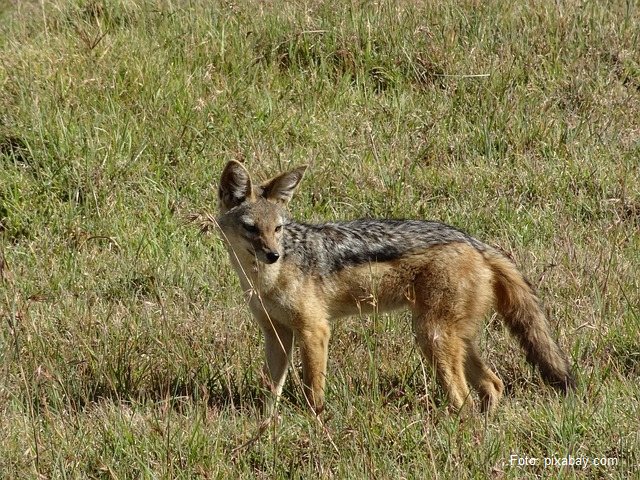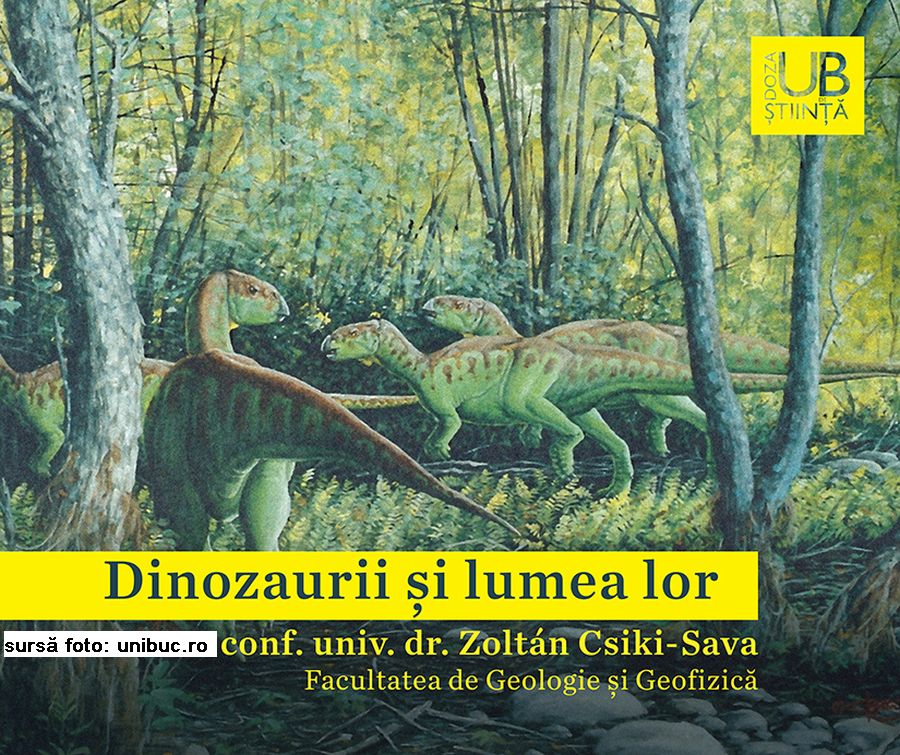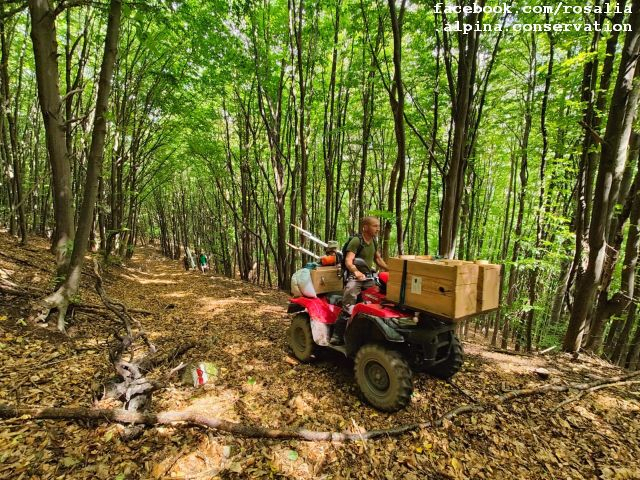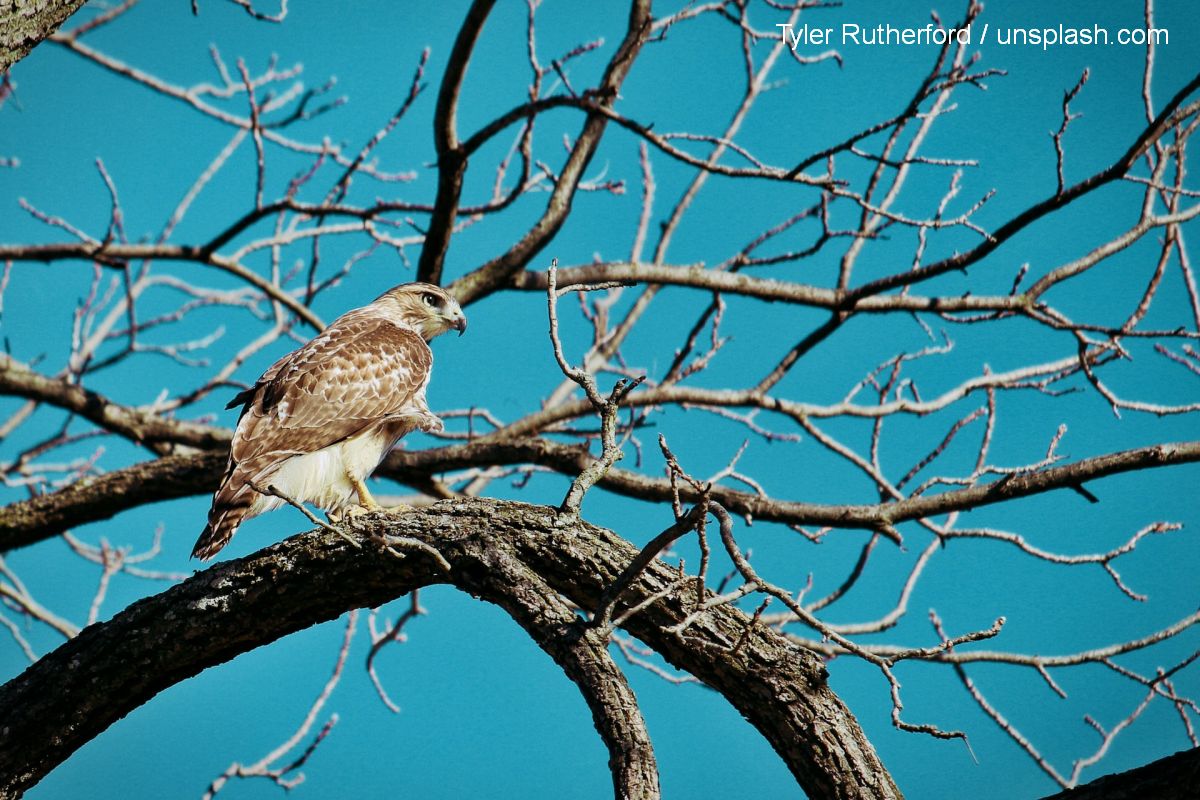Jackals – A Problem in Romania
Jackals are an invasive species in Romania, and they have been multiplying of late

Eugen Coroianu, 30.03.2023, 22:43
Jackals are an invasive species in Romania, and they have been multiplying of late. In various areas of Romania, locals are complaining that they are attacking and eating their yard animals, and experts say that they blame jackals for a drop in the populations of rabbits, other field rodents, and even deer. In Arad, in the west of the country, for instance, people who live near forested areas by the river Mures are afraid, after animals they are raising started disappearing. According to a television station, no one dares step outside after darkness, and they say that they are mainly afraid for little children. In Dolj County, in the south, two sheep farms were recently attacked by packs of jackals, and over a hundred sheep were killed. Local authorities say that jackals started raiding villages because they wiped out wild fauna, and are attracted by food waste that is thrown away carelessly. The prefects office in Dolj County applied for a permit from the Ministry of the Environment to raise the hunting quota, and to allow hunting jackals at night. In the southeast of Romania, the Danube Delta Biosphere Reservation Administration signed a financing contract to extract 400 local jackals in a controlled manner. The contract was taken up by the County Association of Sports Hunters and Anglers, after the inhabitants of the Delta complained that jackals are killing their yard animals and destroying their vegetable gardens. They called on the authorities to cull their numbers, and the action is unfolding. Problems with jackals have also been noticed in the Macin Mountains, very close to the Danube Delta.
The Macin Mountains National Park, however, has a much more environment friendly approach — it started a process of bringing into the reservation a pack of wolves. The decision is based on expert studies that point out that this boom in the population of jackals was caused by the gradual extermination of wolves. In addition to that, another factor is the abundance of food in the region, as explained by park director Viorel Rosca:
“They found open ground, with plenty of food, great shelter, food, and reproduction conditions, so over the last few years they multiplied exponentially, favored by this good environment, as I said. The damage is visible in the drop in the natural fauna, and one example is the population of small mammals in Dobrogea, in the steppe region. I would mention here groundhogs, or a very rare species of ground burrowing birds, considered endangered in Europe. Over these last few years, people have grown alarmed only when they were affected by loss of yard animals in local communities. It is a sad fact, this is being discussed all the time, but many who venture opinions do not know the situation in the field. The situation is alarming, and solutions have to be found.”
We asked how the wolves would regulate the jackal population in the area. Viorel Rosca told us about it:
“They dont attack them directly, physically, but the mere presence of a pack of wolves, we are talking about five or six individuals, inhibits jackals, especially during their mating season. The wolf and the jackal have the same mating period, February to March, the same gestation period, and the simple presence of the wolves inhibits hormonally the jackal females during heat. They wont be able to have eight pups at the same time any more, even where food is abundant, such as in protected areas, they would have just two pups, or none. This would change the food chain to an extent, and allow a balance to be reached. No one wants any species to be wiped out, each species has its role in this circuit, and in this natural balance between species, but it does matter how many individuals of a given species exist. This is a way of keeping down to a manageable level this population of jackals.”
In the opinion of park management, wolves are the only solution for keeping under control the number of jackals that affect the communities in the Macin Mountains area. Director Viorel Rosca told us that in many areas of Europe, even though half a dozen jackals were shot, a dozen more appeared, because of the abundance of food and the lack of competition, which proves that hunting is not the solution. Jackals are a cross between wolves and foxes, of small or medium size, with a body length of a meter at most, and a weight of up to 10 kg. According to the Untamed Romania website, they feed on rabbits, fawns, rodents, birds and their eggs, frogs, fish, lizards, snakes, or even insects. It is often preying on sheep in Romania and neighboring Bulgaria.






























